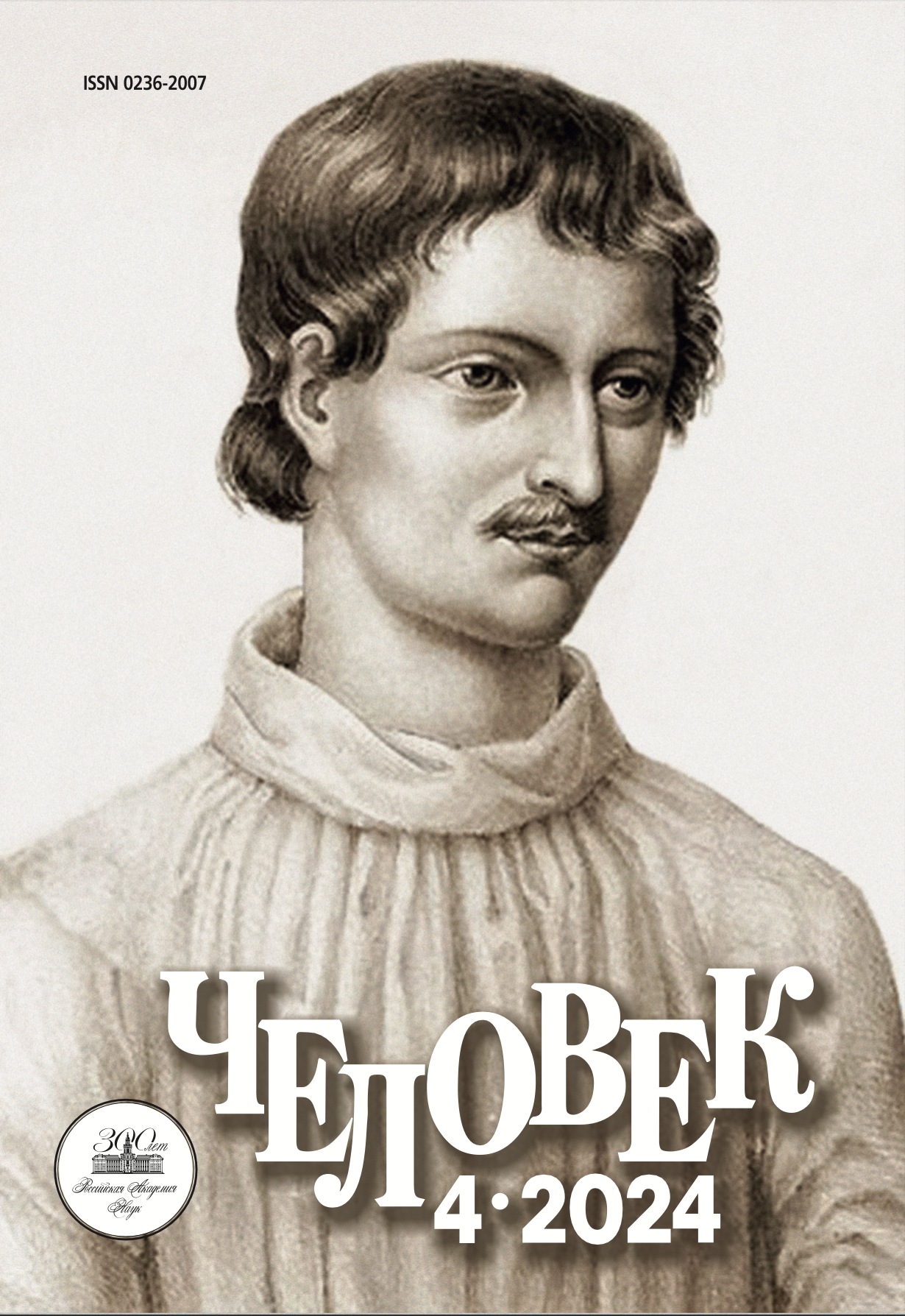Utopia As the Futurization of History: Discourse Aspects
DOI:
https://doi.org/10.31857/S0236200724040072Keywords:
utopia, future, chiliasm, millenarianism, history, Ernst Bloch, Karl Mannheim, futurization of history, temporalization of utopiaAbstract
In modern utopian studies, the distinction between utopia as an intention and utopia as a narrative is no longer in doubt. Beginning with Alexander Sventokhovsky and Ernst Bloch, utopia has been interpreted as a dream, a universal dimension of culture, a spiritual landmark, or a desire that is capable of giving meaning to human existence. The paper shows that although the traces of utopia as a dream for a better world are lost in the depths of history, it acquired its current outlines only in the modern era, when it received a stable conjunction with the future. The spiritual prerequisites were formed by Western secularization. As a result of the decomposition of the Christian vision of history, which placed paradise in a transcendent dimension, the entire symbolic worldview of medieval society was challenged, and the former eschatological expectations of salvation were embodied in new utopian forms. The essence of utopia is the earthly perfection of the world at the hands of man himself. The subsequent flourishing of utopia, associated with the inclusion of the time factor in it, was determined by large-scale socio-cultural transformations, fascination with the idea of progress, and the formation of historical consciousness. Hence, utopia turned from a "place that does not exist" into a "place that does not exist yet" (Ernst Bloch). The authors' appeal to the concept of Karl Manheim made it possible to show that in various historical extensions and derivations of utopia, its relation to time developed in various ways – from the chiliastic dissolution of the future in the present to the socialist-communist subordination of the present to the future (futurization of history). Both forms have retained their vitality to the present day, although the futurization of history on a global scale has failed. Going through crisis, utopia continues to live in culture, because, with its (im)possibility, it gives history goals and ideals, as well nourishes hope for their achieving in the future.






